Don’t miss our trip to New Zealand in 2026! Register and Join Us
Clarity and Filtration
Posts
-
 Technique
Technique
Turbidity
Clarity, or turbidity, is a key aspect of wine evaluation. Let’s revisit the fundamentals of wine clarity and examine how incorporating tu
-
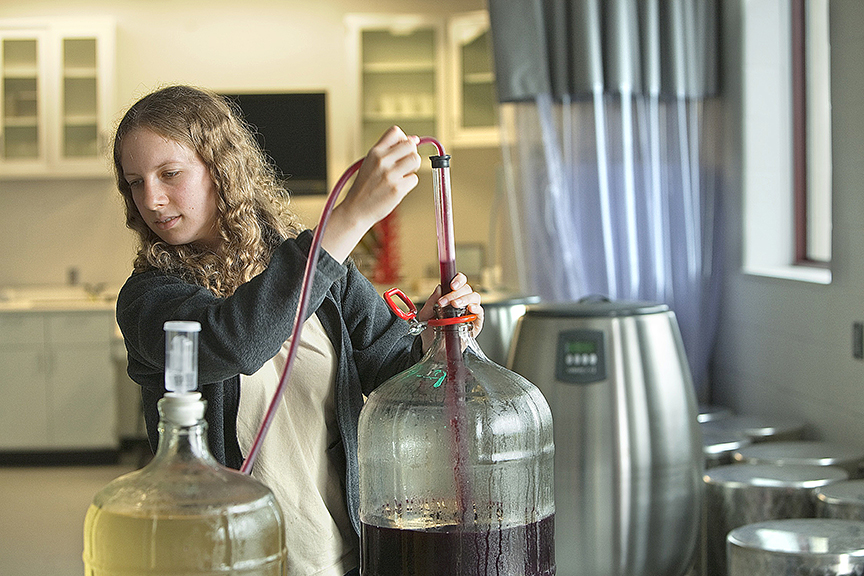 Technique
Technique
Racking Wine
Racking — the action of transferring wine off the lees to another vessel — is an important technique that is required to produce clear f
-
 Wine-wizard
Wine-wizard
Cold stabilization
-
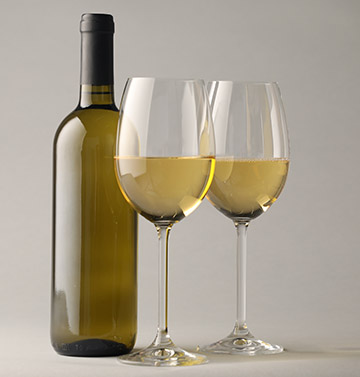 Article
Article
Wine Filtration
Filtering isn’t glamorous, but it is often a necessary step toward brilliantly clear and microbially stable wine in the bottle. Learn the
-
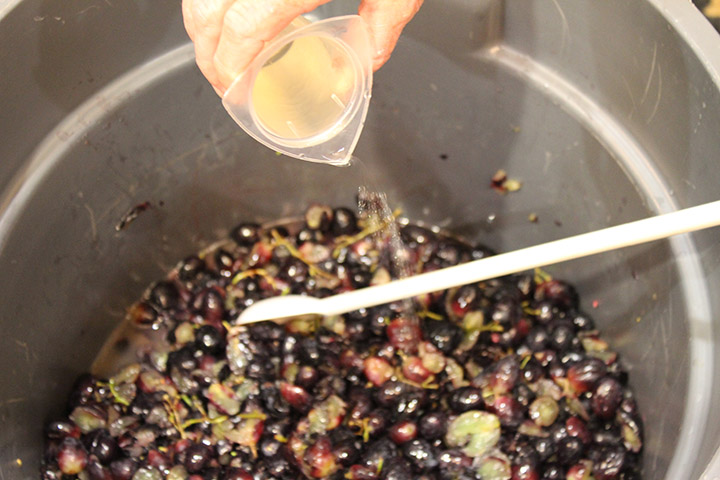 Technique
Technique
Pectic Enzymes
Pectic enzymes are often used in fruit and other high-pectin wines to aid in clarity, but also serve as a useful tool post-crush to aid in j
-
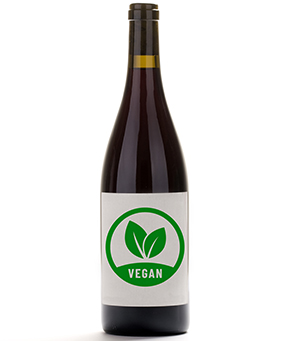 Technique
Technique
Vegan Winemaking Products
Manufacturers have recently released many plant-based or microbial-sourced products. Learn about these products, even if vegan isn’t your pr
-
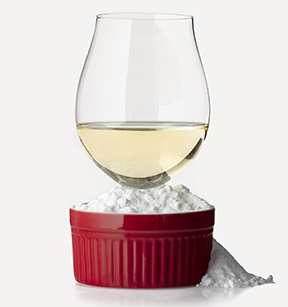 Article
Article
Chitosan: For more than just fining
Chitosan is a product every home winemaker should be familiar with, and likely has around their cellar. It is used to help clarify wine, but
-
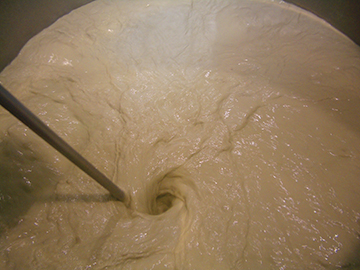 Technique
Technique
It’s All Fine and Good
There are many different types of fining agents available to home winemakers that fall into these four groupings: Mineral, polysaccharide, s
-
 Wine-wizard
Wine-wizard
Is chitosan safe for those with shellfish allergies?
-
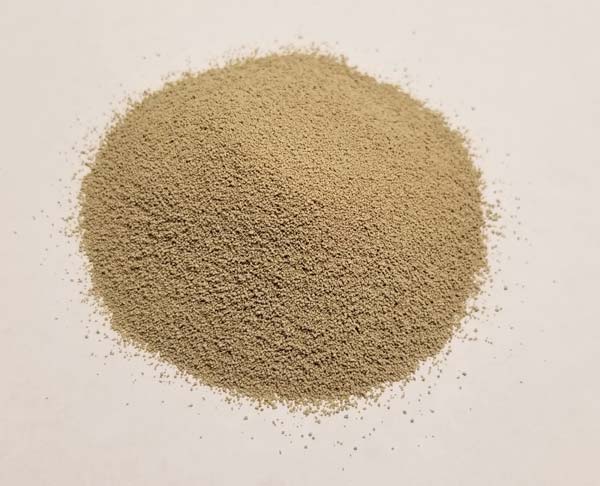 Technique
Technique
Dealing With Haze
While haze can sometimes just be aesthetically off-putting and not a true flaw, it’s something many winemakers like to avoid. Get the scoo
-
 Wine-wizard
Wine-wizard
Rules Of Fining
-
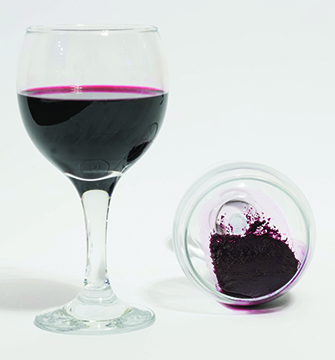 Article
Article
Fine wine
-
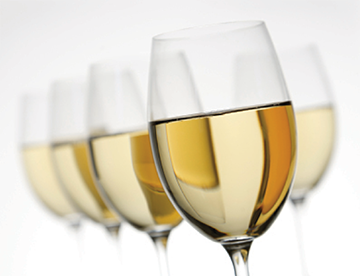 Article
Article
Get Crystal Clear About Filtration
If you want to serve a crystal clear and microbial stable wine, it will require filtration. Explore the “how” and “why” of wine filt
-
 Technique
Technique
Fin(d)ing Clarity in the Five S’s
When it comes to clarifying your wine kit, there are five “S’s” that will guide your way: Start, stir, smash, sweep, and suppress.
-
 Wine-wizard
Wine-wizard
Fining Red Wines
-
 Wine-wizard
Wine-wizard
Natural Fining For White and Rosé Wines
-
 Wine-wizard
Wine-wizard
Mellowing a Big Wine
-
 Wine-wizard
Wine-wizard
Fun With Wine Filtration
-
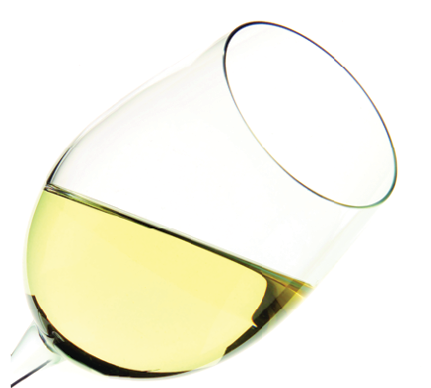 Technique
Technique
Fining Your Way to Clear Wine
Fining of wine is the addition of one substance to remove another. It is a diverse subject with several classes of materials involved in its
-
 Article
Article
Year in a Life of a Wine Part V (Cellar Work)
In the fifth installment of our year-long series about how homemade wine is made using home-grown grapes in Upstate New York, the wines are
-
 Wine-wizard
Wine-wizard
Understanding Bentonite
-
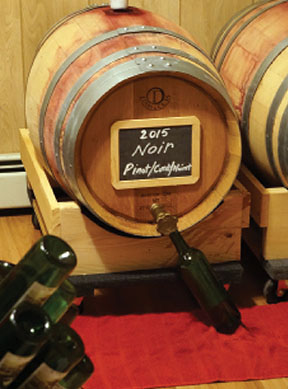 Article
Article
Year in a Life of a Wine Part VI (Bulk Aging and Bottling)
In the final installment of our year-long series, the wines are bulk aged, oaked, and bottled.
-
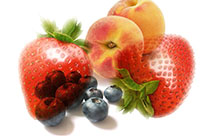 Technique
Technique
Using Enzymes in Country Wines
Country fruit wines can be quite difficult to achieve the desired color, aroma, and clarity levels. Here is a look at the various enzymes ty
-
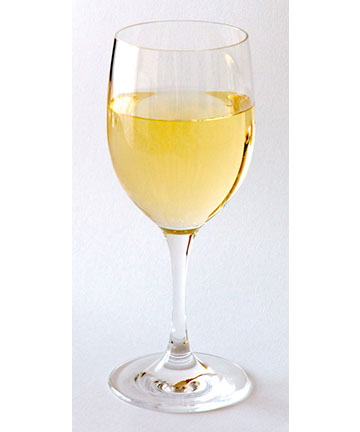 Article
Article
Fining for Beginners
Learn the ins and outs of fining wine and the options to choose from.
-
 Wine-wizard
Wine-wizard
Clearing A 23-Year-Old Concord Wine